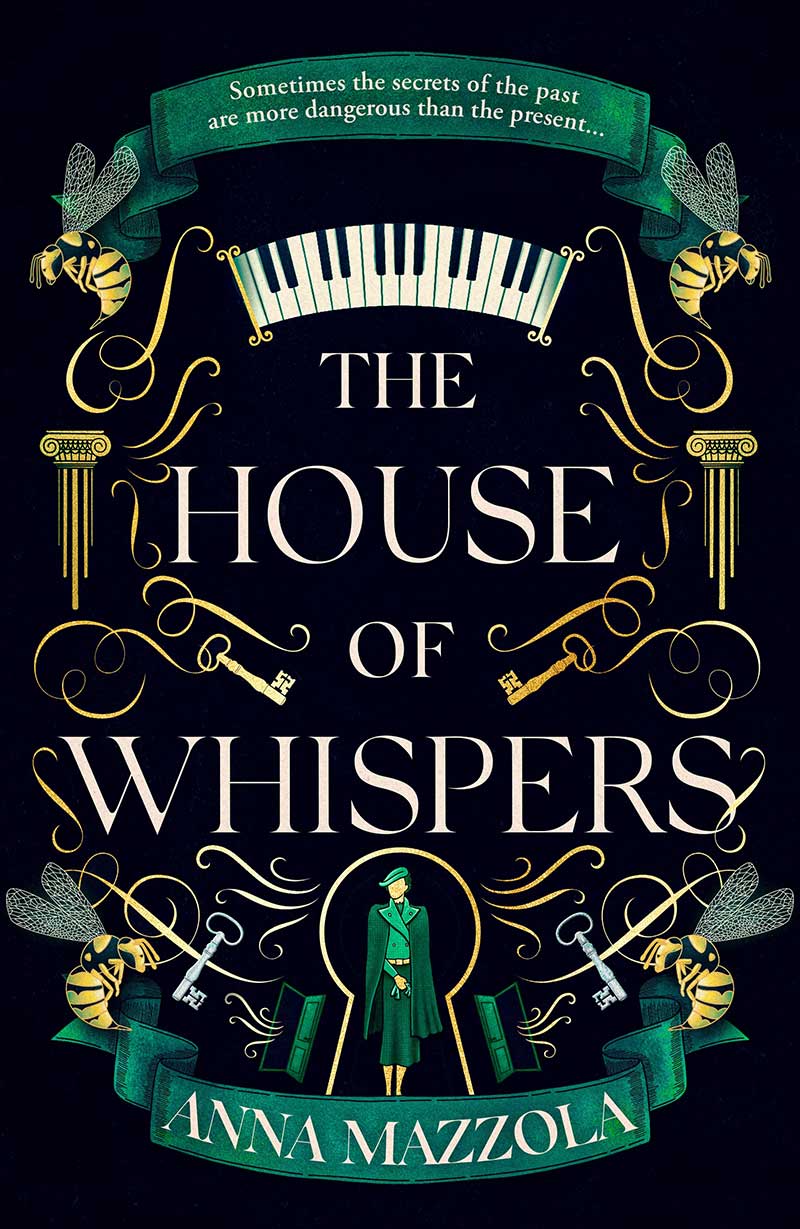Writing a Killer Historical Hook
This is the latest in a series of blog posts discussing how to write historical fiction and get published, and following how I wrote my latest historical novel, The House of Whispers.
You may have heard literary agents talking about ‘hooks’ and books being ‘hooky’ or, devastatingly, ‘not hooky enough’? What the hell does this mean, and how do you find a killer hook for your historical novel?

What is a hook?
The word ‘hook’ is often used to describe the technique of capturing or hooking the reader’s attention when they first hear about the story. It doesn’t necessarily mean the first line or first paragraph (though obviously a knock-out opening will help). It is something more akin to an elevator pitch: two or three lines that sum up the key premise of your story, and that will make a potential reader think ‘I need to read this book’. Ideally, it should also make a potential editor think, ‘I need to buy this book for a significant advance.’
The story hook can be used in your query letter to agents, but also in book blurbs and in helping you to understand what you’re writing and why, and to refer back to when the going is tough (and yes, it will be tough!).

How to write a hook for a historical novel
The hook can be a difficult thing to create, even if you’ve already spent some time thinking about your novel idea and your characters, but I find that it’s essential to working out what is at the heart of what I’m writing about, and why a reader might be interested in reading it.
You need to think not only about who and what your book is about, but what is at stake, what is the central conflict, and what will propel the reader through the book.
Consider: When and where is the story taking place? Who is my protagonist? What is the central dilemma or conflict they will face in the novel? What is the main dramatic question that will keep the reader reading to find out?
It can help to look at how novels are described in Amazon blurbs, as those should contain the hook. For example, the listing for my forthcoming novel, The House of Whispers contains all the elements of the story hook:
‘Rome, 1938 [when and where]. As the world teeters on the brink of war, talented pianist Eva Valenti [the protagonist] enters the house of widower Dante Cavallera to become his new wife. On the outside, the forces of Fascism are accelerating, but in her new home, Eva fears that something else is at work, whispering in the walls and leaving mysterious marks on Dante’s young daughter [the stakes]. Soon she starts to wonder whether the house itself is trying to give up the secrets of its mysterious past [the dramatic question]. However, Eva must also conceal the truth of her own identity, for if she is discovered, she will be in greater danger than she could ever have imagined [the conflict].’
What a hook is not


The hook is not a synopsis or a story plan. It isn’t supposed to be a summary of everything that happens in the story and its characters. It just needs to capture the key elements and conflict so as to inspire interest in reading your novel.
You may of course want to write a synopsis or a more detailed plan, and I will come on to discussing that in a later blog.
Hooking an agent

When you’re trying to establish what sort of idea likely to hook an agent, look at The Bookseller and other trade publications to work out what has been acquired recently. Agents and publishers tend to be looking for something similar to what has been a big success, but different. Look at which historical novels are publishing in the coming year (The Historical Writers’ Association and the Historical Novel Society both publish helpful lists).
The trend for mythology is continuing. ‘Witcherature’ is having a big moment, as are feminist retellings. Certain periods of history (generally those we learnt about at school) tend to be easier to sell, but can also become saturated so you need a stand-out idea.
I’m not saying you have to write for the market, but it’s worth bearing in mind what the market is so that you can present what you’re writing in as appealing a way as possible. Good luck!
